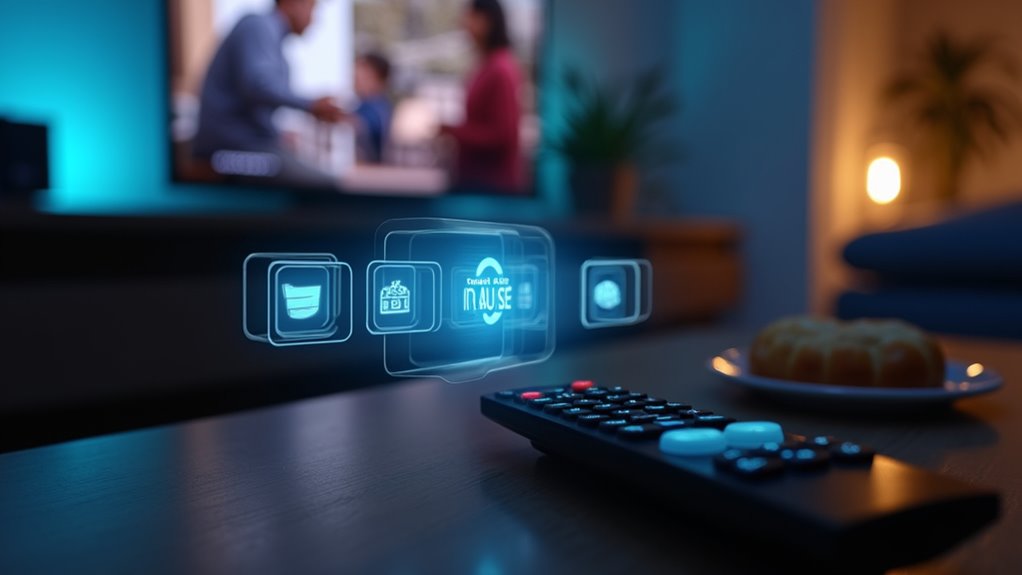AI doesn’t just count your likes—it weaponizes them. With each thumbs-up, your brain gets a dopamine sprinkle, like a TikTok snack for your soul. Algorithms watch who you follow, what you click, and then toss you validation breadcrumbs to keep you scrolling longer. This isn’t just tech; it’s Las Vegas psychology, engineered for addictive feedback loops and FOMO. Your self-esteem? It’s on auction for a few digital hearts. Stick around to discover how deep the rabbit hole really goes.
Even though it’s just a tiny heart or a thumbs-up on your screen, that little “like” packs a punch—one strong enough to hijack your brain’s reward system faster than a TikTok dance trend goes viral.
A single tap on that heart icon can hijack your brain’s reward system faster than a viral TikTok challenge.
Every time someone taps that button, your brain serves up a fresh shot of dopamine, the same chemical that’s behind everything from falling in love to craving chocolate cake. Add to that a dollop of algorithmic wizardry, and suddenly, social media isn’t just a pastime—it’s psychological gold, mined and minted by artificial intelligence.
Let’s get real: AI isn’t just showing you cat videos for fun. Those likes, comments, and shares? They’re validation metrics, the digital equivalent of gold stars in kindergarten.
AI algorithms are like the ultimate hype squads, tracking what makes you tick, then feeding you just enough validation to keep you scrolling. The catch? The validation is intermittent—like a broken vending machine that sometimes spits out candy, sometimes nothing. Psychologists call this “intermittent reinforcement,” and spoiler: it’s the same trick slot machines use to keep gamblers hooked. AI algorithms customize social media feeds based on user behavior, ensuring you see more of what keeps you engaged.
Here’s the kicker:
- Validation Loop: Liking and being liked creates a feedback loop, followed by emotional highs (everyone loves me!) and then, inevitably, lows (where did everyone go?).
- Social Comparison: Algorithms serve up highlight reels from people you barely know, turbocharging FOMO and shrinking your self-worth faster than a disappearing Snapchat story.
- Mental Health Toll: All of this is linked to anxiety, loneliness, and depression. Daily social media use now averages a jaw-dropping 145 minutes per person. That’s a lot of dopamine—and a lot of emotional hangovers.
- With over 3.78 billion social media users globally, the scale of this psychological experiment is unprecedented and impacts nearly half the world’s population.
AI fine-tunes this experience relentlessly, prioritizing engagement over well-being. It’s like if Netflix only recommended true crime when all you really need is a feel-good rom-com.
The solution? Experts suggest empathetic design, boundaries, and a little less scrolling. What’s more concerning is that predictive analytics can reveal deeply personal information about you without explicit consent, turning your casual scrolling into a privacy nightmare. Because, as it turns out, chasing likes is a game where everyone eventually loses—unless you’re the algorithm.









